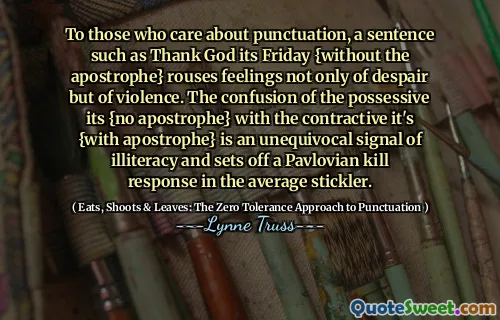
A panda walks into a cafe. He orders a sandwich, eats it, then draws a gun and fires two shots in the air.Why? asks the confused waiter, as the panda makes towards the exit. The panda produces a badly punctuated wildlife annual and tosses it over his shoulder.I'm a panda, he says, at the door. Look it up.The waiter turns to the relevant entry and, sure enough, finds an explanation.Panda. Large black-and-white bear-like mammal, native to China. Eats, shoots and leaves.
The whimsical story features a panda who enters a café, orders a sandwich, and unexpectedly fires a gun before leaving. When the bewildered waiter inquires about the panda's actions, the panda nonchalantly refers him to a wildlife annual. This encounter blends humor and absurdity, illustrating how language and punctuation can alter meaning dramatically.
This anecdote highlights the importance of punctuation, which can completely change the interpretation of a statement. The punchline reveals that the panda's actions are misinterpreted due to a lack of punctuation, emphasizing the book's central theme about the significance of commas and clarity in writing.







